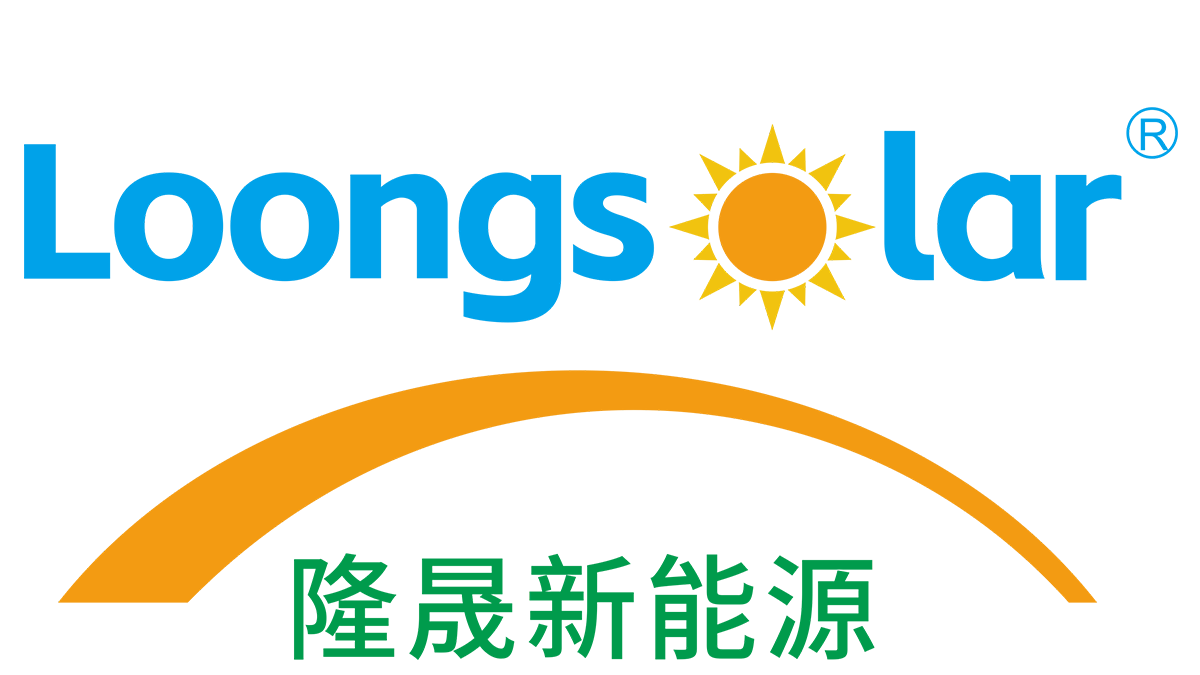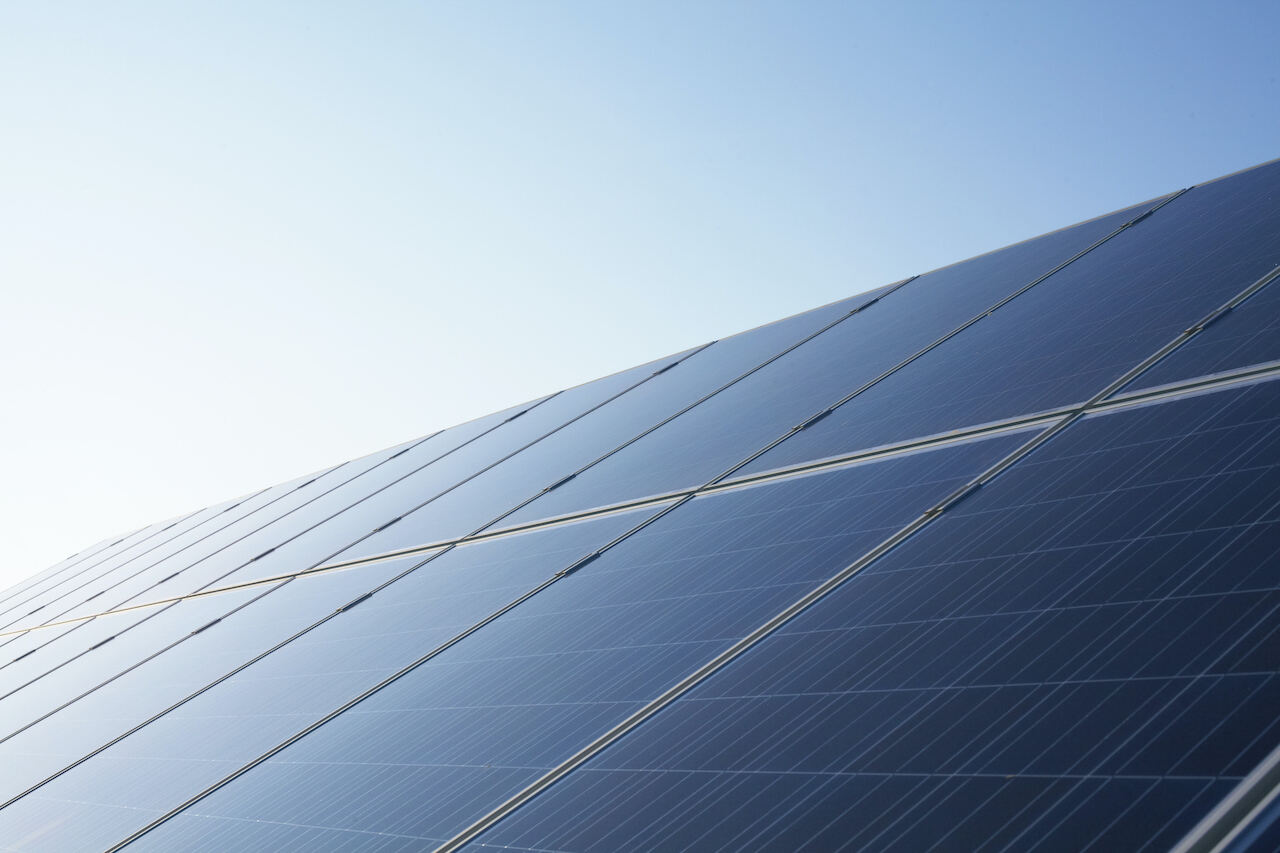Why a Customer-Centric Approach Matters in Solar Power Systems
Prioritizing Client Needs in Solar Solutions
In the solar power industry, a customer-centric approach is crucial for delivering tailored solar solutions that effectively meet client needs. By identifying individual energy consumption patterns, specialists can customize solar options that reduce costs and maximize energy savings. Offering personalized consultations allows professionals to understand each client's unique goals and challenges, ensuring the best possible solar solution is recommended. Furthermore, incorporating feedback into product development ensures that customers receive systems that not only satisfy their current needs but also anticipate future demands. This intricate level of personalization enhances customer satisfaction and encourages more widespread adoption of solar panels. As highlighted in recent studies funded by the Department of Energy, addressing specific customer needs is vital to overcoming barriers to solar adoption, such as uncertainties about costs and benefits.
Building Long-Term Relationships Through Trust
Building trust is essential for developing long-term customer relationships in the solar industry. Transparent communication regarding solar installation processes helps demystify complexities and sets clear expectations. By providing comprehensive warranties and after-sales support, companies can enhance customer confidence in their solar solutions. Showcasing case studies of satisfied customers further cements trust and demonstrates the reliability and effectiveness of solar products. Trust is not only earned through successful installation and performance but also through honest and open interactions with clients. This approach is supported by findings from the National Renewable Energy Laboratory, which indicate that satisfied customers are likely to make referrals, thereby reinforcing trust and expanding the customer base. As such, fostering trust through excellent service and transparent communication is indispensable for achieving high levels of customer satisfaction and sustained growth in the solar industry.
Financial and Environmental Benefits of Solar Power Systems
Lowering Energy Bills with Solar Panels for Home
Solar panels have the power to significantly transform how we manage and perceive our energy costs. By installing solar panels at home, consumers can reduce their monthly electricity bills by up to 70%. This remarkable reduction stems from solar panels' ability to harness the sun's energy, offering free electricity once the initial investment is recouped. Another crucial component of these savings is net metering, which allows homeowners to offset energy bills further by sending excess solar electricity back to the grid. Over time, the financial savings from solar systems can be substantial, with the potential for a robust return on investment due to the long lifespan and decreasing installation costs of solar power systems.
Government Incentives and Tax Credits
Government incentives play a significant role in making solar energy financially accessible. Federal and state tax credits dedicated to solar panel installation can offset initial investment costs significantly, often resulting in average savings of around 30%. These savings make the adoption of solar energy more feasible for numerous households. Beyond tax credits, many states offer additional programs and grants to support renewable energy initiatives. As a result, I encourage potential solar adopters to explore local programs, as they may find opportunities for further financial relief and support in making this sustainable transition.
Reducing Carbon Footprint Through Clean Energy
Adopting solar energy systems not only provides financial benefits but also offers considerable environmental advantages. Solar energy drastically reduces CO2 emissions, with solar-powered homes contributing far less greenhouse gas than those reliant on fossil fuels. The long-term impact of integrating solar power into our daily energy consumption is profound, propelling us toward a more sustainable and cleaner future. Beyond personal gain, collectively moving towards renewable energy sources benefits the community and the planet. I invite everyone to consider solar energy not just as an economical solution but as a step toward a collaborative effort in promoting sustainability and clean energy solutions.
Streamlined Solar Panel Installation and Maintenance
Professional Installation Services by Experts
Hiring certified professionals for installing solar panels is crucial for ensuring system efficiency and longevity. Professional installers are trained to identify and address potential issues like improper alignment or connectivity, which can significantly affect performance. On the other hand, attempting a DIY installation can lead to common pitfalls such as incorrect wiring or placement, increasing the risk of damage and reducing efficiency. These errors often result in additional repair costs, negating any initial savings from doing it yourself. The expertise of certified installers guarantees not only the correct setup but also maximizes the return on investment over the panel's lifespan.
Transparent Solar Panel Installation Cost Breakdown
Understanding the full cost breakdown of solar panel installation is essential for budgeting. Costs can vary depending on several factors, including system size, installation complexity, and location. Typically, larger systems require more panels and resources, resulting in higher upfront costs. However, these costs can be mitigated with flexible financing options and payment plans, which make solar power systems more affordable for homeowners and businesses. By opting for financial solutions like loans or leasing, you can spread the cost over time, making solar energy accessible without a significant initial expenditure.
Sustainable Energy Solutions for Modern Homes
Advantages of Solar Panels for Home Use
Solar panels offer a multitude of benefits for homeowners, enabling energy independence and contributing to increased property value. Achieving energy independence is one of the foremost advantages as solar panels provide the ability to generate your own electricity, reducing reliance on utility companies and fluctuating energy prices. Lasting durability and minimal maintenance are further benefits that homeowners can enjoy. Modern solar panels are designed to withstand various weather conditions, meaning they require less upkeep than traditional systems, which translates to long-term savings. Moreover, adopting solar energy can significantly increase property value. Studies show that homes with solar installations sell faster and at a premium compared to those without, as eco-conscious buyers are willing to pay more for sustainable features.
Eco-Friendly Impact of Solar Energy Adoption
By adopting solar energy, homeowners can make a substantial eco-friendly impact. Statistical evidence indicates that solar power significantly reduces dependence on fossil fuels, thereby cutting greenhouse gas emissions. A study by the National Renewable Energy Laboratory highlights that switching to solar energy reduces carbon footprint equivalent to planting 150 trees annually. Besides, embracing solar energy encourages complementary sustainable practices. Homes with solar installations are often designed with energy-efficient appliances and smart technologies to maximize clean energy usage. Furthermore, solar energy contributes to a cleaner, healthier environment by mitigating air and water pollution associated with coal power plants. The transition to solar panels thus represents more than just an economic advantage; it is a committed step towards ensuring a healthy planet for future generations.
Long-Term Reliability of Leading Solar Manufacturers
Quality Assurance and Durability of Systems
Leading solar manufacturers undergo rigorous testing and adhere to stringent certifications to ensure their products meet high-quality standards. These tests validate the resilience of solar panels, even under extreme weather conditions. Remarkably, top-tier manufacturers offer performance warranties that often stretch beyond 25 years, attesting to the longevity and durability of their systems. According to industry case studies, installations from reputable brands continue to function optimally well past their warranty periods, proving their reliability. This quality assurance sets users' minds at ease, knowing their investment in solar panels will yield consistent returns over the decades.
Ongoing Support and System Monitoring
Ongoing support is essential for maximizing the efficiency and lifespan of a solar power system. Post-installation services often include system monitoring, which allows for real-time performance tracking and quick identification of any potential issues. System monitoring ensures that solar panels operate at peak efficiency, optimizing energy output and savings for the homeowner. Additionally, manufacturers typically provide warranty provisions and maintenance services that cover parts and labor, further guaranteeing system durability and client peace of mind. This combination of support and monitoring not only enhances the user's experience but also protects their investment over the long term.






